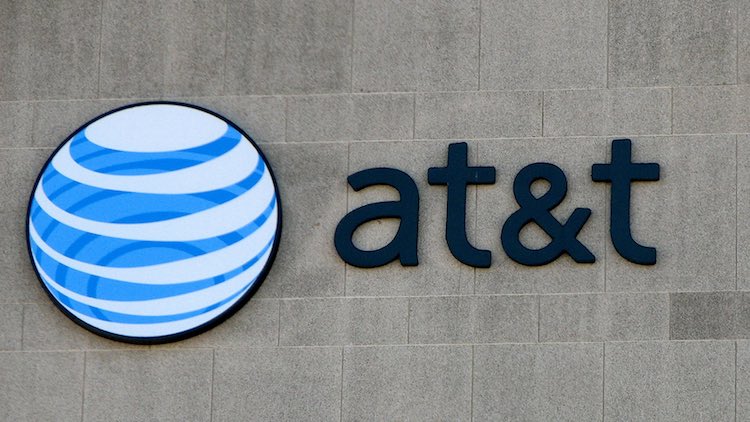Daryl Parks Pledges Multi-Front Campaign Against AT&T

The smarter way to stay on top of broadcasting and cable industry. Sign up below
You are now subscribed
Your newsletter sign-up was successful
Daryl Parks, the attorney representing "Cleveland Broadband Consumers" claiming AT&T is "redlining" service in Cleveland and elsewhere, is pledging to open a multi-front legal attack on the company, including raising questions about its fitness for the multi-billion-dollar contract to manage FirstNet.
AT&T has said it does not redline and continues to invest in wired and wireless broadband in Cleveland and elsewhere, but Parks is not persuaded.
Parks has sent a letter to AT&T and its board warning that "in the near future" he plans to certify a class for a class action lawsuit, bring a formal redlining complaint at the FCC, and "raise with the nation’s governors the issue of AT&T’s suitability to manage the emergency communications service FirstNet, given the urgency of providing service to low-income communities by first responders in disasters such as Hurricanes Andrew, Katrina and Sandy."
AT&T has been awarded the multi-billion-dollar, 25-year contract to build and maintain FirstNet, the interoperable first responder public safety network.
Parks also says he plans to talk with "civil rights leaders, unions, public interest and consumer organizations, and African American law enforcement organizations," he warned.
In a letter to Parks, a copy of which was supplied to B&C, James Meza, AT&T senior VP assistant general counsel, said the company takes his complaint seriously, has invested $135 billion over the past five years to insure "Americans of all income levels" can get internet service, will continue to expand its Ohio networks, and is promoting broadband adoption by low-income customers.
As to the redlining charge, Meza says they don't do it, period.
The smarter way to stay on top of broadcasting and cable industry. Sign up below
Parks, who gained national prominence as the attorney for the families of Trayvon Martin and Michael Brown, was denied a request to speak at the AT&T board meeting last month about his clients allegations. He had earlier signaled he would be suing AT&T.
Parks is representing families in Cleveland who allege they have been "severely impacted" by a lack of connectivity. Broadband access advocate the National Digital Inclusion Alliance (NDIA) in March alleged that AT&T discriminated against low-income Cleveland neighborhoods in deployment of home internet and video over a decade. Parks cites NDIA maps in signaling he was not persuaded by Meza's letter, which includes the assertion that the NDIA study is flawed and its conclusions "specious."
"AT&T's investment decisions are based on cost and demand forecast modeling to determine where we can serve potential customers and, at the same time, recover the costs of deployment," Meza said. Factors include topology, aerial vs. more expensive buried cable, the competition, the customer base size, the density of households, "civic cooperation" and more. "They do not [emphasis his] include household incomed, race or ethnicity."
Meza says the study also does not factor in the ubiquitous availability of LTE mobile broadband.
(Photo via Bill Bradford's Flickr. Image taken on March 4, 2016 and used per Creative Commons 2.0 license. The photo was cropped to fit 9x16 aspect ratio.)
Contributing editor John Eggerton has been an editor and/or writer on media regulation, legislation and policy for over four decades, including covering the FCC, FTC, Congress, the major media trade associations, and the federal courts. In addition to Multichannel News and Broadcasting + Cable, his work has appeared in Radio World, TV Technology, TV Fax, This Week in Consumer Electronics, Variety and the Encyclopedia Britannica.

